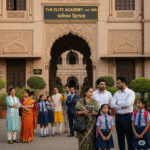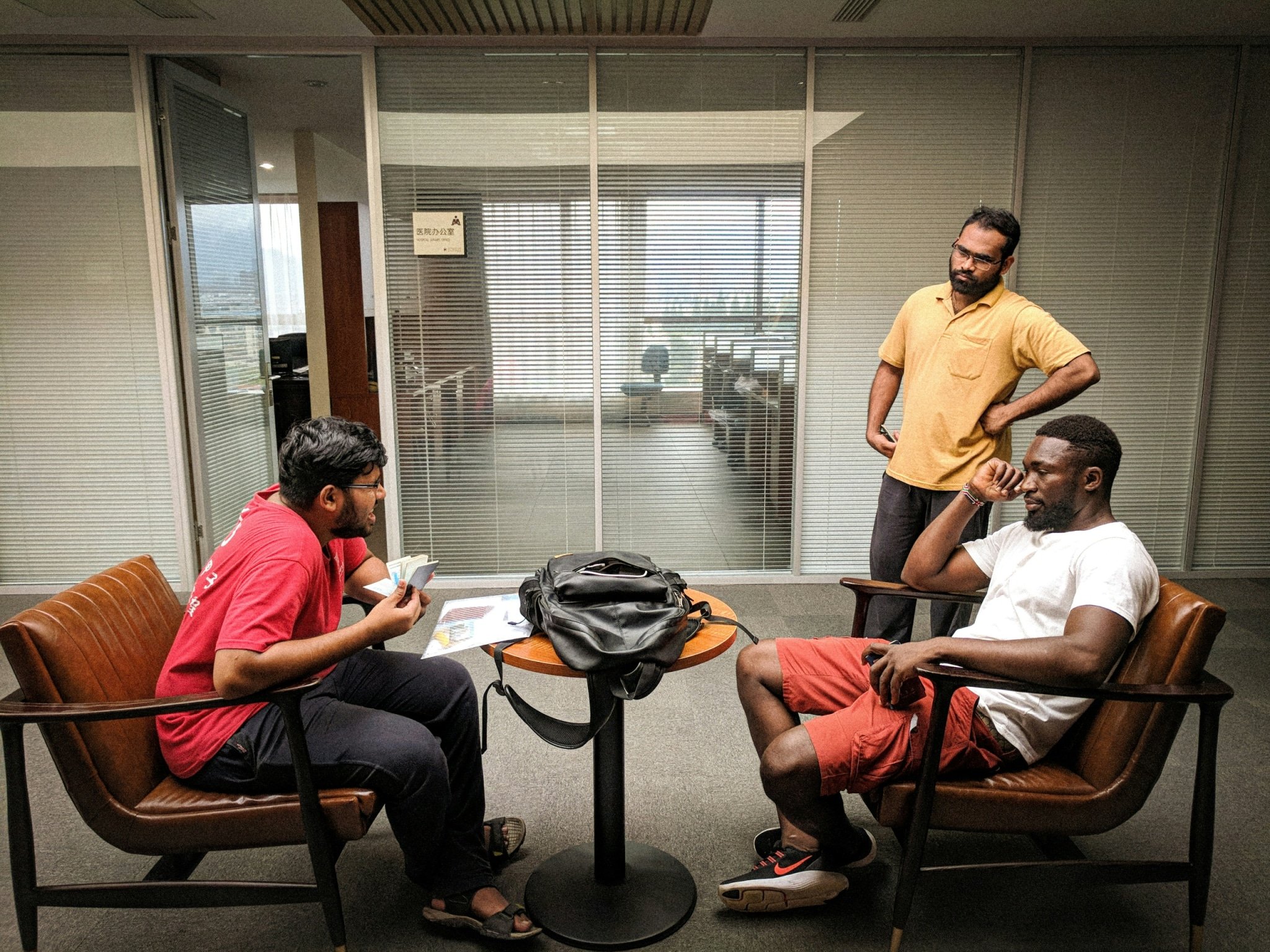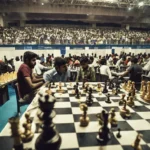In the vast landscape of global education, the debate between rote learning and conceptual understanding continues to spark discussions, particularly in countries like India, where traditional education systems have long favored memorization. As educational paradigms shift worldwide, this age-old contention gains more attention, urging stakeholders to reconsider how we teach and what we aim to achieve through our teaching methods.
Rote learning, the technique of memorizing information based on repetition, has been a cornerstone of the Indian education system. Proponents argue that it builds a strong foundation of knowledge, enabling students to recall facts quickly and efficiently—an advantage in the high-pressure environment of competitive exams. However, this method is often critiqued for its limitations in fostering deeper understanding and critical thinking skills.
On the flip side, conceptual understanding advocates for a learning approach where students grasp the underlying principles behind facts and phenomena. This method encourages inquiry, analysis, and synthesis, aiming to develop a learner’s ability to apply knowledge in varied, real-world situations. Supporters of this approach argue that it prepares students not just for exams, but for life-long learning and problem-solving.
The divide between these educational philosophies is not merely academic. It reflects broader societal values about what constitutes knowledge and success. Rote learning, often seen as a reliable path to high scores and academic accolades, aligns with many parents’ and educators’ views on educational achievement. In contrast, conceptual learning is championed by those who prioritize adaptability and innovation in a rapidly changing world.
Educational reforms in India have increasingly attempted to bridge the gap between these methods. The National Education Policy (NEP) 2020, for instance, emphasizes the need for a shift towards more holistic, inquiry-based, discussion-driven, and analysis-oriented education. The policy suggests a transformational change in curriculum and pedagogy from the school level onwards to foster critical thinking, creativity, and scientific temper.
Implementation, however, remains a challenge. Transitioning from a rote-based system to one that values understanding over memorization requires significant changes in teacher training, assessment methods, and classroom culture. It demands investments in educational technology and resources that support interactive and personalized learning environments.
This debate is critical as it underpins not only the future of education in India but also the kind of thinkers, innovators, and leaders the country will produce. Are we preparing students to excel in tests or to tackle the complex challenges of the 21st century? As we delve deeper into this conversation, it becomes clear that the choice between rote learning and conceptual understanding is not just about educational strategy—it’s about envisioning the future we want to create.
As educational stakeholders continue to wrestle with these questions, the path forward must involve a nuanced approach that integrates the best of both worlds. Ensuring that students not only remember but also understand could be the key to unlocking a new era of educational excellence in India and beyond.






